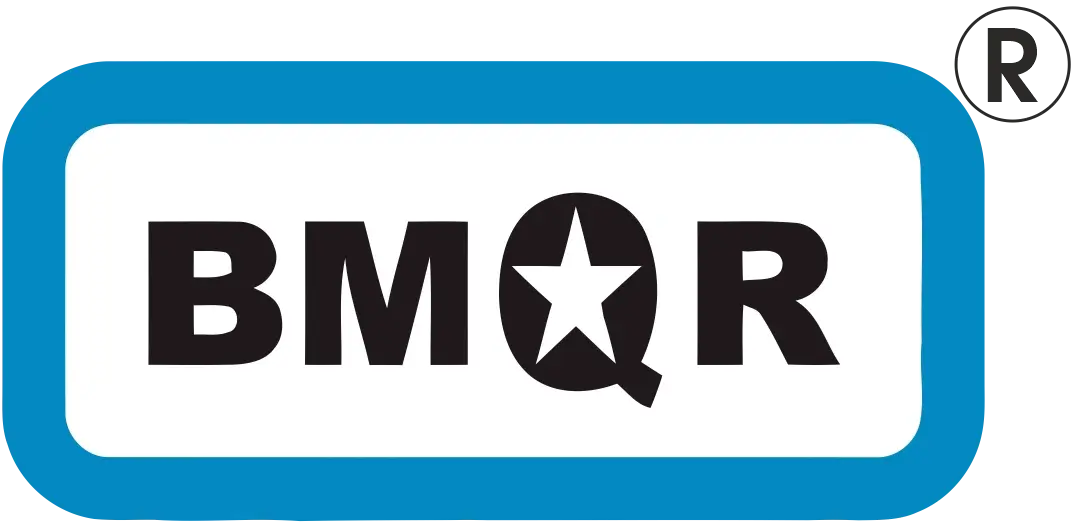Introduction:
Exporting agricultural products to international markets requires compliance with global standards to meet customer demands and gain a competitive edge. Global GAP (Good Agricultural Practice) certification offers a comprehensive framework for implementing various agricultural best practices. In this article, we will explore how Global GAP helps agricultural businesses fulfil customer requirements, secure export orders, and elevate their market presence by adhering to internationally recognized agricultural standards.
Meeting Customer Demands for Quality and Safety:
In the global market, customers prioritize product quality and safety. They seek assurance that the agricultural products they purchase meet stringent standards and comply with regulations. Global GAP certification demonstrates a commitment to implementing best practices, ensuring the production of safe, high-quality agricultural products. By obtaining Global GAP certification, businesses can confidently meet customer demands and expectations, strengthening trust and reliability with international buyers.
Gaining Access to International Markets:
Many countries and importers require Global GAP certification as a prerequisite for agricultural product imports. Without this certification, businesses may face barriers and restrictions that limit their access to lucrative international markets. By obtaining Global GAP certification, agricultural businesses open doors to global opportunities, ensuring smooth and seamless export operations to various destinations.
Implementing Best Agricultural Practices:
Global GAP certification covers a wide range of agricultural practices, including crop production, livestock farming, aquaculture, and more. The standard sets guidelines for sustainable resource management, environmental protection, and social responsibility. By adhering to these best practices, businesses can optimize their agricultural processes, minimize waste, conserve natural resources, and ensure ethical treatment of workers. Implementing these practices not only aligns with customer preferences but also contributes to a positive environmental and social impact.
Enhancing Food Safety and Traceability:
Food safety is a paramount concern for customers and regulators worldwide. Global GAP emphasizes rigorous traceability and record-keeping systems, ensuring that every step of the agricultural production process is transparent and auditable. With comprehensive traceability, businesses can quickly identify and address potential issues, mitigating risks and bolstering consumer confidence in the safety of their products.
Boosting Brand Reputation and Differentiation:
Global GAP certification is a visible symbol of quality and commitment to best practices. Displaying the Global GAP logo on products and marketing materials can significantly enhance brand reputation, differentiating certified businesses from competitors. Customers are more likely to choose products bearing the Global GAP mark, knowing they come from a reputable source adhering to stringent agricultural standards.
Conclusion:
Global GAP certification is a vital tool for agricultural businesses seeking export opportunities and meeting customer requirements for quality, safety, and sustainability. By implementing various agricultural best practices outlined in the Global GAP framework, businesses can ensure their products meet global standards and regulations, gaining access to international markets and securing valuable export orders. The certification not only enhances customer trust and satisfaction but also elevates the brand reputation, setting certified businesses apart as leaders in sustainable and responsible agricultural practices. With Global GAP as a guiding principle, agricultural businesses can embrace excellence in their operations, contribute to a healthier planet, and thrive in the competitive global marketplace.






